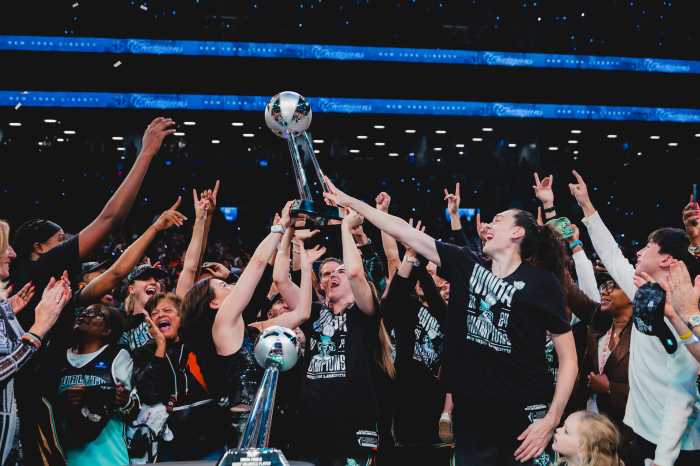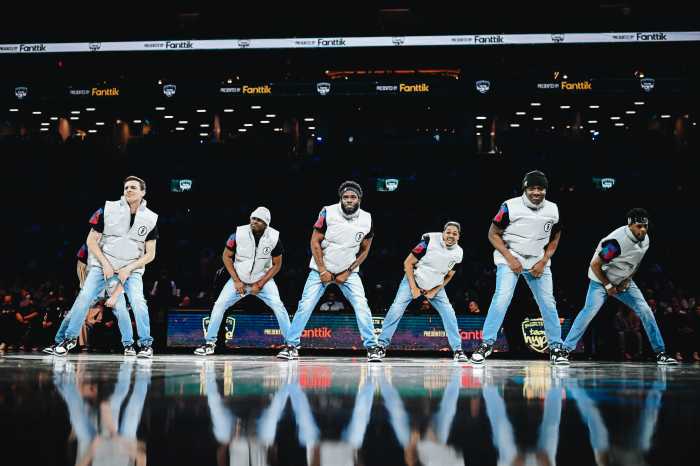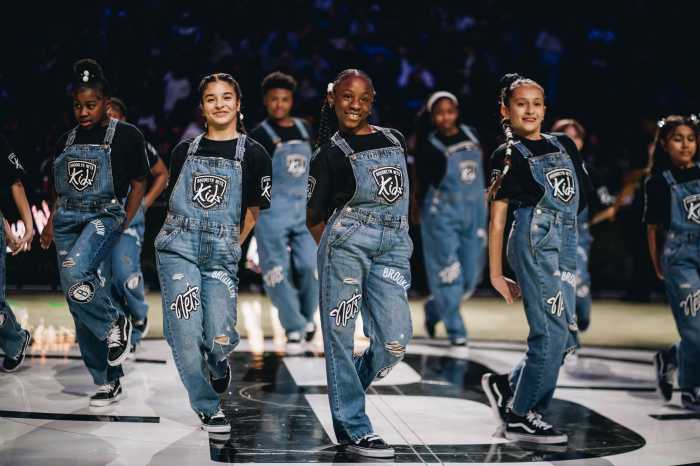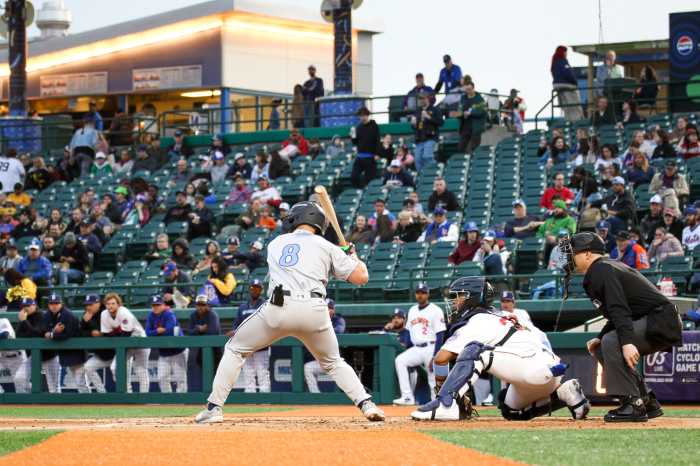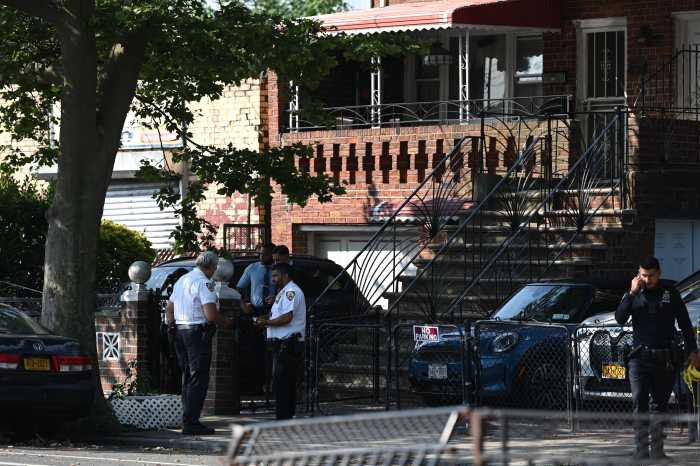Oh, the places you’ll go!
When I read those words by Dr. Seuss so many years ago, I never thought my shoes would walk the streets of Brooklyn or my bare feet would find comfort on the sands of Coney Island Beach. But here I am, walking on unfamiliar territory and stepping in places and on surfaces new to the touch.
My shoes are nearing the end of their lives. Two holes have formed in the bottom of my right one and leather cracks have appeared in several places on the pair. As such, my feet have felt more of the ground than shoes would normally allow. Although walking in new places doesn’t require new skills, familiarity with the ground I walk on is more important than I ever thought.
The carpet in my apartment might as well be concrete. I can’t relax on the floor like I could on my comfortable carpet back home. My shoes had never stepped on a subway station or been so off-balance as on a moving train. Finally, I’ve never had to dodge as many discarded cigarette butts as I have in the past few weeks. I knew I was going to be homesick. But who knew I would be yearning for carpet?
The Brooklyn Cyclones have a similar issue regarding the places their shoes touch. Most baseball players grow up playing their beloved game on traditional grass and dirt. But these players arrived in Brooklyn to start their professional careers on artificial turf.
Manager Rich Donnelly admitted before the season began he was a little nervous about the fake stuff and how his players would adjust to it.
“I’ve never managed on anything like that, and I doubt any of the players have ever played on it,” he said.
But the season started and hitting and fielding seemed to be the same as ever, if not for some black rubber pellets thrown into the air whenever the ball bounces.
Still, that yearning for familiarity is common among everyone, and the players’ craving for fresh-cut grass and soft dirt matched my desire for soft carpet and stable transportation. First baseman Matt “Bright Eyes” Oberste still likes the traditional playing field, as he felt playing on fake ground hurts the “realness” of baseball.
“I’d want to play on dirt and regular grass, because that’s what I’ve played on growing up and it’s what I’m used to,” Oberste said. “To me, I honestly don’t feel (the turf) is true baseball.”
The differences in artificial turf from regular grass are more than just the smell of the game. According to Oberste, it also plays differently in terms of what the ball does when it hits the ground.
“There’s a lot of difference in it actually,” Oberste said. “Grass plays way different than turf. Today [outfielder Patrick “To Infinity and”] Biondi hit a ball and it stayed on the ground flat. On regular grass, that probably wouldn’t happen.”
The players got dealt turf and I got bone-bruising carpet and crowded streets. We both have to work with what we’re given and make the best of it.
Oberste and the rest of the team have played well on the new stuff. His seven RBIs and six runs are first and second on the team respectively, and the team has few fielding errors to speak of.
As for me, I haven’t fallen on the train yet or (thankfully) my carpet, and my writing has (cross your fingers!) improved since I’ve been here.
The Cyclones players and I have had to make adjustments in almost every angle of our lives. But that’s the nature of the transition from amateur to professional worlds.
The truth is that in making our marks on the world, our steps will be taken on unfamiliar ground.
Just like Dr. Seuss said.
Read about Scott Hansen's — and the Cyclones' — adventures in Brooklyn each Wednesday on BrooklynPaper.com.


